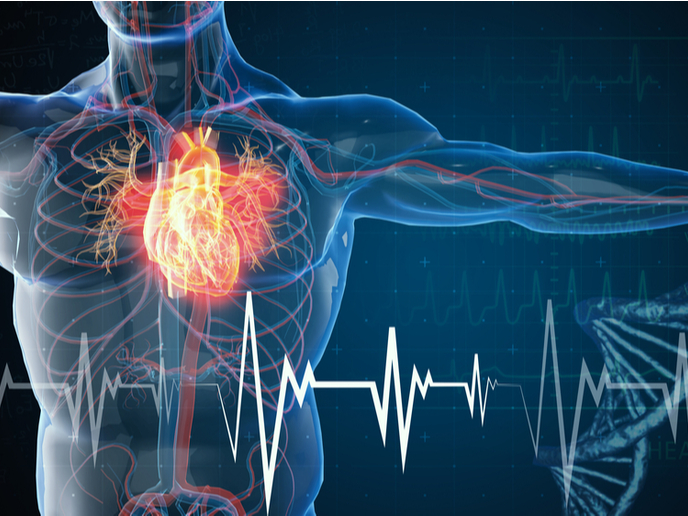Innovative animal breeding techniques
The EC-funded GENESHEEPSAFETY project set out to develop methodologies to address the safety and quality of food in the sheep production chain. The partners focused on a series of aspects including genetics, traits related to animal health, traits linked to food quality and the genotypes linked to those. Scotland-based, Roslin Institute studied the Scottish Blackface sheep in terms of genotypes linked to carcass composition and meat quality. Genotyping studies revealed that genetic improvement of meat quality and overall composition is indeed possible. Specifically, traits like intramuscular fat content, flavour and overall liking can be predicted and hence manipulated though measurements of muscle density. In other words, genetic manipulation could result in individuals with improved traits, for higher quality food products. The innovative aspect is that for the first time it has been clearly demonstrated that meat quality can be improved readily using non-destructive methods. This type of study could have important implications for animal breeding across Europe, ensuring animal welfare as well as consumer protection.







